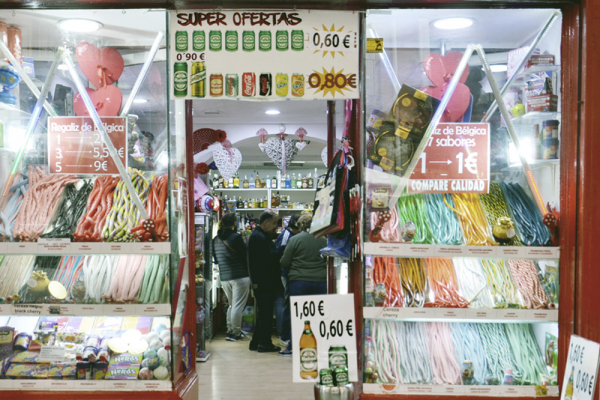Did COVID-19 influence the consumption of alcoholic beverages?
Xisca Sureda Llul, is a professor and researcher at the Public Health and Epidemiology Group of Universidad de Alcalá who tells us how the crisis caused by COVID-19 has influenced the consumption of this type of beverages.
- Has alcohol consumption increased during the pandemic?
It is difficult to answer this question with the limited quality empirical data available so far. At the moment, surveys are being conducted at the European level that will give us this information in the coming months.
There are already some publications on this subject, but the data are not conclusive and, in some cases, the methodological quality of these studies and the quality of the data collected is questionable. I have the feeling that there is a use of this pandemic to publish ...
It is true that in Spain the data indicate that during the weeks in which the state of alarm lasted there was an increase in alcoholic beverage sales. Even though bars and restaurants were closed, alcohol was not confined. It continued to be available in supermarkets at prices affordable to every pocket.
However, care must be taken in interpreting the increase in alcoholic beverage sales as an increase in population alcohol consumption that will continue in the long term. It will be very important to see if the possible changes that have occurred and occur during the pandemic are then maintained over time and whether they have affected all population sectors equally.
- Are changes in consumption related to previous crisis periods?
Based on the previous literature on the impact of other public health and economic crises on alcohol consumption, several scenarios of the effect that the VOC-19 pandemic may have are proposed. Some studies indicate that during periods of economic crisis, alcohol consumption decreases due to decreased purchasing power.
Other studies suggest a completely opposite scenario: an increase in consumption in certain population sectors, especially men, due to situations of distress experienced during the crisis. Situations of anxiety, worry, fear that may accompany a health and economic crisis have been seen to increase patterns of alcohol risk consumption.
 |
| Xisca Sureda |
- Who can be most affected by this pandemic in relation to drinking?
Clearly, studies that monitor changes in drinking patterns during the pandemic will need to take into account age, gender, and social class or look at what has happened to those with risky drinking or other addictions.
However, we could anticipate some of the population groups that may be most affected by this pandemic in terms of alcohol consumption.
On the one hand it will be very important to see how it may have affected and how the COVID-19 crisis will affect people who have an alcohol risk consumption and with problems with addiction and other mental health disorders. At-risk alcohol consumption is preferably associated with more disadvantaged and vulnerable social classes. These groups may now suffer worse consequences from the economic and social crisis that accompanies the health crisis. Periods of social isolation, economic loss, psychological distress, and reduced access to social and health services and support networks for people with drug dependence are catalysts for both intentional injuries and excessive alcohol consumption.
We should also consider what has happened and what will happen in the adolescent and young adult populations. We should pay special attention and action to prevent an increase in alcohol consumption in this population, especially what is called binge drinking (i.e., taking 5 or more glasses of alcoholic beverages in about 2 hours). We are already seeing how fines have increased in recent days for large parties or 'botellones'.
- What measures could be taken to reduce consumption?
On the one hand, it will be essential to monitor the epidemic of alcohol consumption in the general population and in vulnerable groups. On the other hand, our governments should increase surveillance systems, primary and specialized care, and social services for those individuals and groups who are struggling with alcohol dependence.
In addition, policies for alcohol control and prevention need to be reviewed. Among the policies with the greatest impact and greatest effectiveness in preventing alcohol consumption and alcohol-related harm are regulation of its availability, price and policies on regulation of its promotion and advertising.
Publicado en: Inglés
